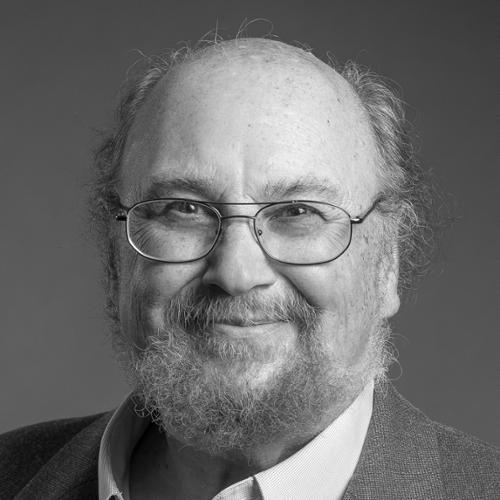Paul H. Rubin is the Dobbs Professor of Economics Emeritus, Emory University, and President, Southern Economic Association, 2013
I want to thank Geoff for inviting me to blog about my new book.
My book, The Capitalist Paradox: How Cooperation Enables Free Market Competition, Bombardier Books, 2019, has been published. The main question I address in this short book is: Given the obvious benefits of markets over socialism, why do so many still oppose markets? I have been concerned with this issue for many years. Given the current state of American politics, the question is even more important than when I began the book.
I begin by pointing out that humans are not good intuitive economists. Our minds evolved in a simple setting where the economy was simple, with little trade, little specialization (except by age and gender), and little capital. In this world there was no need for our brains to evolve to understand economics. (Politics is a different story.) The main takeaway from this world was that our minds evolved to view the world as zero-sum. Zero-sum thinking is the error behind most policy errors in economics.
The second part of the argument is that in many cases, when economists are discussing efficiency issues (such as optimal taxation) listeners are hearing distribution issues. So we economists would do better to begin with a discussion showing that there are efficiency (“size of the pie”) effects before showing what they are in a particular case. That is, we should show that taxation can affect total income before showing how it does so in a particular case. I call this “really basic economics,” which should be taught before basic economics. It is sometimes said that experts understand their field so well that they are “mind blind” to the basics, and that is the situation here.
I then show that competition is an improper metaphor for economics. Discussions of competition brings up sports (and in economics the notion of competition was borrowed from sports) and sports is zero-sum. Thus, when economists discuss competition, they reinforce people’s notion that economics is zero sum. People do not like competition. A quote from the book:
Here are some common modifiers of “competition” and the number of Google references to each:
“Cutthroat competition” (256,000), “excessive competition” (159,000), “destructive competition” (105,000), “ruthless competition” (102,000), “ferocious competition” (66,700), “vicious competition” (53,500), “unfettered competition” (37,000), “unrestrained competition” (34,500), “harmful competition” (18,000), and “dog-eat-dog competition” (15, 000). Conversely, for “beneficial competition” there are 16,400 references. For “beneficial cooperation” there are 548,000 references, and almost no references to any of the negative modifiers of cooperation.
The final point, and what ties it all together, is a discussion showing that the economy is actually more cooperative than it is competitive. There are more cooperative relationships in an economy than there are competitive interactions. The basic economic element is a transaction, and transactions are cooperative. Competition chooses the best agents to cooperate with, but cooperation does the work and creates the consumer surplus. Thus, referring to markets as “cooperative” rather than “competitive” would not only reduce hostility towards markets, but would also be more accurate.
An economist reading this book would probably not learn much economics. I do not advocate any major change in economic theory from competition to cooperation. But I propose a different way to view the economy, and one that might help us better explain what we are doing to students and to policy makers, including voters.




